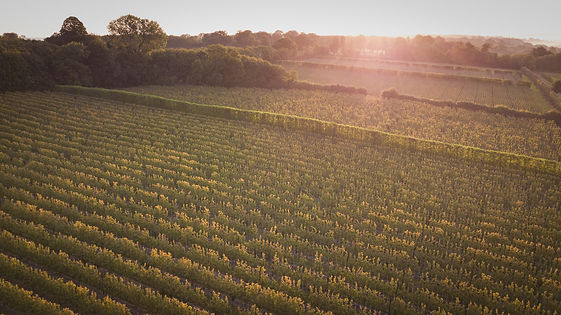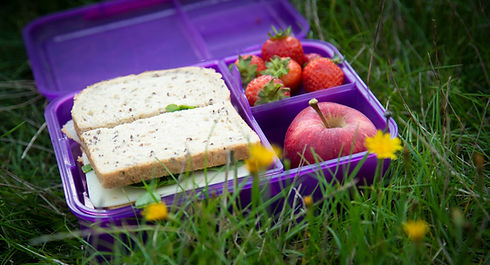OUR STORY

5th Generation Family-Owned Business
Loddington Farm is run by James Smith. After graduating from Reading University with a degree in crop science, he pursued a career in fresh produce, until 18 years ago, when he joined his father on his great, great grandfather's apple farm in the beautiful Kent countryside.
Over recent years Alan Smith (4th generation of Smiths) has taken more of a back seat as James has continued to grow apples and pears alongside farm diversification such as renewable energy, property, and contracting services.



OUR PRINCIPLES
In 2016 James was awarded a Nuffield Scholarship which enabled him to travel and look at ways of growing fruit for the UK market that could be profitable. Disillusioned with fruit growing in the UK due to concerns over the huge financial risks and the impact of chemicals on people's health, James decided to put his extensive knowledge and experience to use. He was encouraged to start a programme of self-education to see how we can produce better food - and began a journey in producing food using nature, instead of chemistry in farming systems. In 2020 in one orchard he has spent more money on books than agrochemicals in the quest to grow chemical free food.


IMPROVING PEOPLE'S HEALTH
Healthy soil equals healthy crops, and the more nutrient-dense food we consume, the healthier we'll be. It's simple. We believe that the high levels of disease in society are in no small part due to a broken food system that stems from a disregard for nature and a reliance on chemistry. Although farms have to adhere to strict regulations, meaning that there are only infinitesimal amounts of chemicals that make it on to our plates, three or four generations in - can we still guarantee that this isn't enough to do real harm? The truth is we don’t know the long term effects of many synthetic compounds but we know we can choose not to eat them! At Loddington Farm we no longer apply synthetic fertilisers or herbicides to our soils and are phasing out fungicides and insecticides. Instead, we are looking to rebuild our soil ecosystems and look at the nutrition of our crops while bringing nature back in to our orchards. Our food should be our medicine, boosting our immune systems rather than making us sick.

BENEFITTING FARMERS
At Loddington Farm we had become disenchanted with growing fruit in the UK but our new approach means we can farm in a more relaxed way that will produce better food for less inputs so the passion is coming back to the farm. Margins are tight, demand for perfect produce is high and the dependance on chemistry is proving unsustainable. Now we focus on the soil, and see the farm as a natural system rather than a production unit where nature is managed. The benefit to farmers is to see the farm flourish with wildlife whilst producing the best food possible. Not only that, but it no longer costs the earth.
If you run a farm and would like to discuss this further, please don't hesitate to get in touch.



HARMONY WITH NATURE
See this cute little bug? It's a wooly aphid, or an Eriosoma Lanigerum, and it represents a lightbulb moment for the farm. Wooly aphids are an invasive species that are an apple farmer's worst nightmare - the 'honeydew' they secrete can ruin entire crops, and they are notoriously difficult to get rid of. After years of trying (and failing) with different chemicals, we decided to look at the nutrient balance in the trees. By correcting this, we made the orchard unappealing to the aphids and they left! No sprays, no chemicals and healthier trees with a higher yield of sellable fruit.
This is just one example of how we address the delicate balance between produce and 'pest', fixing the root (get it?!) of the problem instead of treating the symptoms. We no longer seek to destroy every pest we see but understand why it is on our plants and how we can enable the plants to fight their own battles. A plant constantly treated with chemistry will get sick, a bit like us if we try to live on antibiotics!

REDUCING THE IMPACT OF CLIMATE CHANGE
So not only is farming with nature better for our health and our wallets, it's better for the planet as well. At Loddington Farm there is no bare soil in our orchards. In fact, it's positively riddled with plants (they used to be called weeds but we know there’s no such thing in nature!), flowers, bugs and birds. Not only does the abundance of insects benefit our food chain (save the bees!), but by not having bare soil, the heat from the sun isn't reflected back into the atmosphere. The world is meant to be blue and green, not blue and brown! In addition, more plants equals more carbon in the soil microbiome, and by insuring that our food chain remains intact, our carbon levels are optimal for food production. Farming tends to take from the environment to produce food, we are putting back and producing more food as nature welcomes a different approach.

